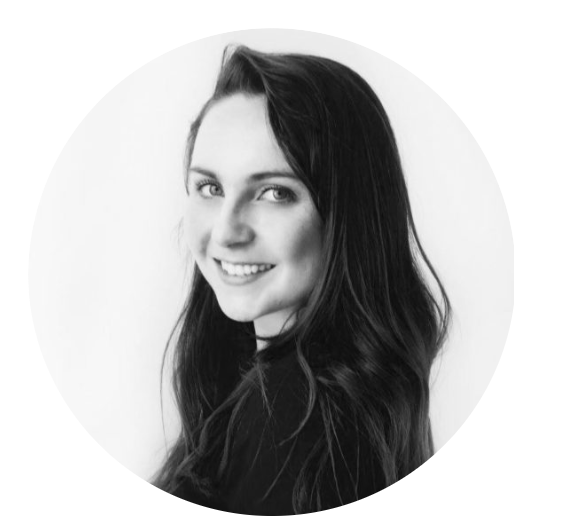Arianna Huffington’s list of accomplishments is at least as long as the total amount of hours she’s spent asleep (which is to say, a lot). And with her latest venture Rise & Thrive, a partnership between Thrive Global (Huffington’s enterprise for tackling burnout) and WeWork (a global network of coworking spaces), the superstar entrepreneur-slash-author is channeling all of her expert intel into one mission: Making workplace culture more wellness-minded.
The first step of the partnership will be an immersive, all-day experience on January 19th at Rise by We in New York City ($299), where participants will become quick studies on how to keep well-being top of mind, even if they spend 40-plus hours a week at their desk. “By bringing together both of our communities, we have the unique opportunity to create a one-of-a-kind wellness experience for more people, allowing them to pursue personal growth for a sustainable and enhanced quality of life,” says Avi Yehiel, head of wellness at WeWork.
If you’re not located in NYC, you can still benefit from Huffington’s wisdom, because she shared her thoughts on how to live your best, wellness-infused life with us.
Below, Arianna Huffington talks the future of mental health, how to boss your to-do list, and more.
You’ve spoken before about how multitasking can make us not only less efficient, but also miss out on a lot of life. What kind of wellness benefits come with “uni-tasking,” as you’ve phrased it?
It teaches you how to be fully present. We now have all the data that shows that our attention span is shrinking. The human attention span is now shorter than that of a goldfish. I think when we’re uni-tasking, it helps us learn to be able to focus.
Increasingly, AI is going to replace a lot of the more transactional, easy human tasks. What’s going to be at a premium is creativity, wisdom, and the ability to focus and do deep work. These are the first things that we lose when we are multi-tasking.
What’s your number one strategy for making your way through a to-do list (without multi-tasking, of course!)?
To relentlessly prioritize: What has to actually be completed that day? And then, once you relentlessly prioritize, to be comfortable with incompletion, meaning to be comfortable with the fact that you are not going to get everything done. That’s the only way to be able to go to bed feeling that you can actually rest without your mind waking you up in the middle of the night.
If someone’s 9 to 5 doesn’t offer the flexibility to take a mid-day yoga class (the dream!), what are a few things you would recommend people do throughout the day?
So first of all, we say at Thrive that a good day starts the night before, which means that if you wake up exhausted, you didn’t get the sleep you need and it’s going to be very hard to thrive throughout the day. So the first micro-step we [Thrive Global] recommend is to pick a time at the end of your day to declare the end of your working day, and take your phone to charge outside your bedroom so you can actually have a full good night’s sleep.
In the morning, the first micro-step we recommend is to not rush to your phone. Take at least one minute to set your intention for the day, to remember what you’re grateful for.
And neuroscience makes it clear that it takes under a minute to course correct during the day. Stress is inevitable; but what we’re proposing is that if you feel stress rising, if you’re anxious about something, just take one minute—literally one minute before you react to another meeting or another problem—to very simply focus on your breath. You know, the inhalation and exhalation of your breath.
You do so much valuable work with mental health. What do you see as the next frontier in that space?
I think the next frontier—and it’s what we did in our mental health workshops, and it’s going to be part of what we are doing in our Rise & Thrive workshop—is to look at the stress triggers before they become symptoms of depression or anxiety. Things like dealing with imposter syndrome, of not trusting yourself, of doubting yourself, of not thinking you are good enough.
You’ve interviewed some of the greatest minds of today—from Malcom Gladwell to Gabby Bernstein. What’s one thing you’ve learned from them that has really stuck with you?
One thing that I’ve learned is that we’re living in a major turning point: People are recognizing that the way we’ve been working and living—with the assumption that we need to be always on in order to succeed,—is actually a delusion. It goes against modern science and I love talking to people who are discovering that and changing the way they live their lives.
This post was originally published on Well+Good.

